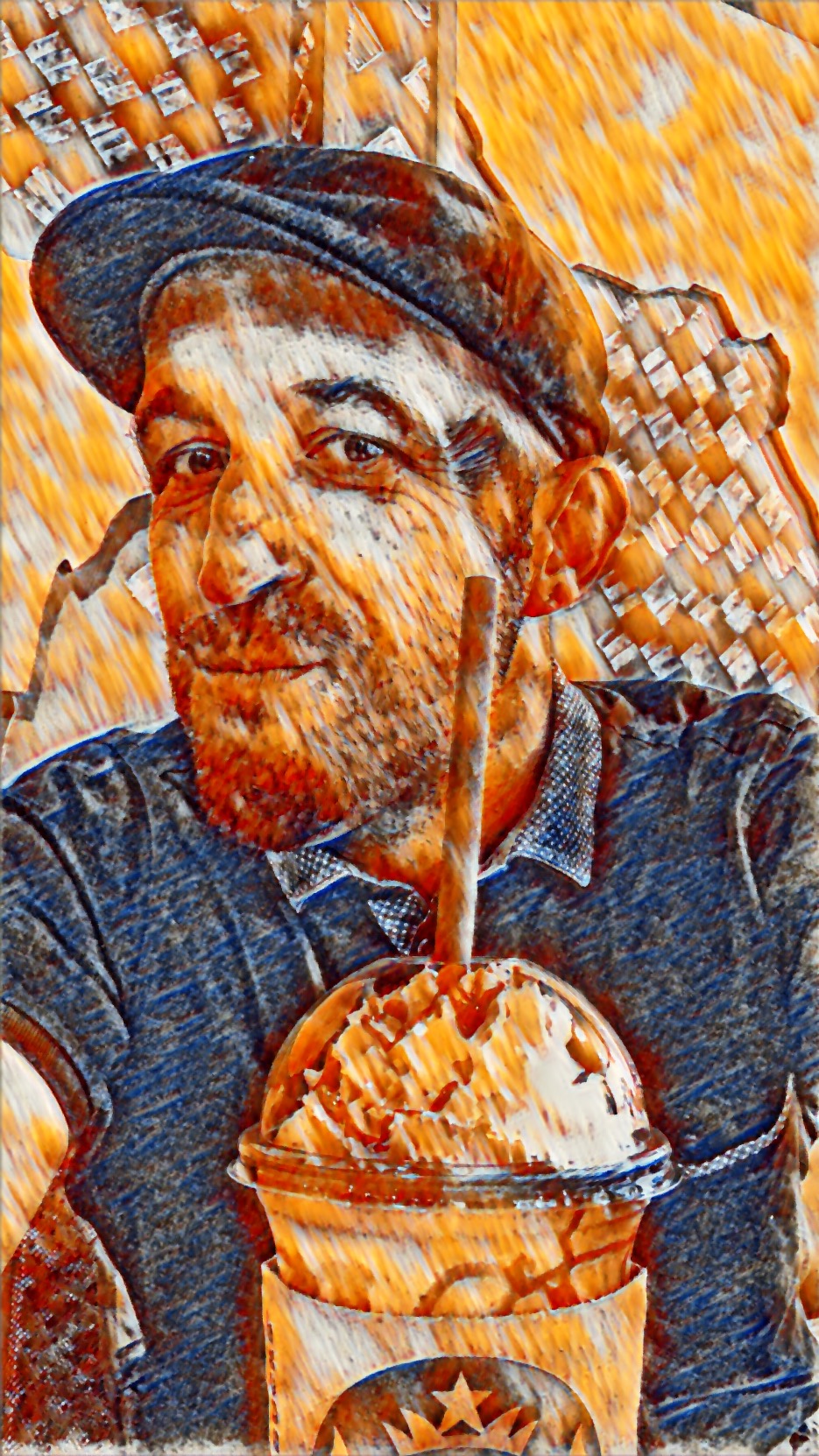About
Hello and welcome to my personal site.
I’m Michele. Was born in Italy, live in the UK, I'm a father of two, have a computer science PhD and enjoy writing. Code, music, words. Both for fun and to make a living.
I specialised in a sub-field of artificial intelligence called ontology engineering, but over the years have worked on a variety of related areas including information architecture, data architecture, data analytics and data visualization. The concept of design for content exploration is the key underlying thread for me: how can we best structure digital information spaces so to make it easier for end-users to find stuff?
On this website you’ll find a bit of everything. Open source software, academic papers and half-baked musical compositions. What you might not find is a coherent explanation of how it all fits together, I am afraid. Still, I hope you'll discover something that sparks your imagination and creativity.
That's it, my friend. Do leave a message if you feel like it. Or, if you want a more impersonal and pompous bio, keep reading then.
I’m Michele. Was born in Italy, live in the UK, I'm a father of two, have a computer science PhD and enjoy writing. Code, music, words. Both for fun and to make a living.
I specialised in a sub-field of artificial intelligence called ontology engineering, but over the years have worked on a variety of related areas including information architecture, data architecture, data analytics and data visualization. The concept of design for content exploration is the key underlying thread for me: how can we best structure digital information spaces so to make it easier for end-users to find stuff?
On this website you’ll find a bit of everything. Open source software, academic papers and half-baked musical compositions. What you might not find is a coherent explanation of how it all fits together, I am afraid. Still, I hope you'll discover something that sparks your imagination and creativity.
That's it, my friend. Do leave a message if you feel like it. Or, if you want a more impersonal and pompous bio, keep reading then.
Formal Bio
Michele Pasin is a computer scientist with a background in ontology engineering and artificial intelligence.
Michele is VP of Data Products at Digital Science, a leading company providing software solutions for the scientific and research sector. Michele’s work focuses on delivering innovative products for research assessment, monitoring and discovery. This is done by leveraging information found in publications, patents, funding, clinical trials and many other research documents indexed in Dimensions and Altmetric.
Prior to that, Michele worked at Springer Nature where he developed projects such as SN Scigraph, Nature.com subject pages and the underlying Nature Ontologies portal.
Michele holds a PhD in artificial intelligence from the Knowledge Media Institute (The Open University, UK) and advanced degrees in logic and philosophy of language from the University of Venice (Italy). After his doctorate, Michele worked as a research associate at King's College Department of Digital Humanities (London), where he contributed to digital humanities projects such as the People of Medieval Scotland and the Art of Making in Antiquity.
Michele is VP of Data Products at Digital Science, a leading company providing software solutions for the scientific and research sector. Michele’s work focuses on delivering innovative products for research assessment, monitoring and discovery. This is done by leveraging information found in publications, patents, funding, clinical trials and many other research documents indexed in Dimensions and Altmetric.
Prior to that, Michele worked at Springer Nature where he developed projects such as SN Scigraph, Nature.com subject pages and the underlying Nature Ontologies portal.
Michele holds a PhD in artificial intelligence from the Knowledge Media Institute (The Open University, UK) and advanced degrees in logic and philosophy of language from the University of Venice (Italy). After his doctorate, Michele worked as a research associate at King's College Department of Digital Humanities (London), where he contributed to digital humanities projects such as the People of Medieval Scotland and the Art of Making in Antiquity.
